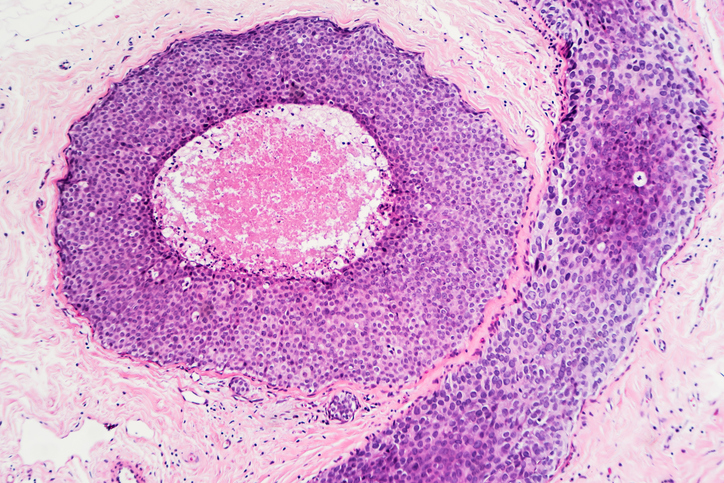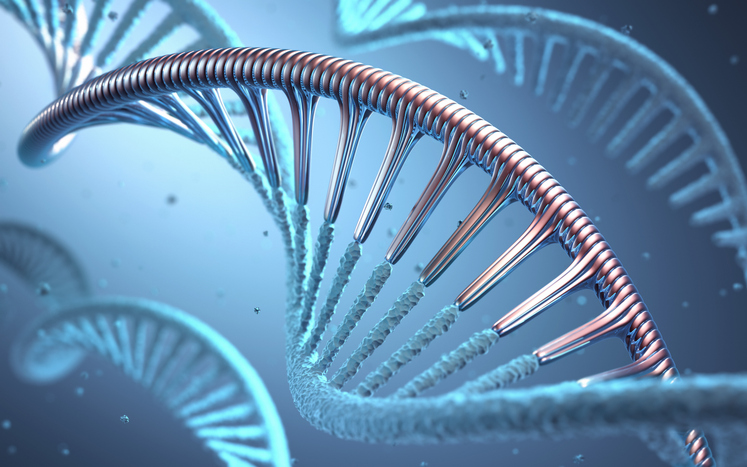
Researchers used a global DNA methylation profile to estimate the microenvironment of inflammatory breast cancer (IBC), which can often resemble acute inflammation. The results were published in the Journal of Translational Medicine.
Researchers used the HiTIMED algorithm to assess the DNA methylation data of 24 IBC and 6 surrounding nontumoral tissues (SNTs) to determine their cellular composition. They investigated the prognostic relevance of cell types infiltrating IBC and their relationship with clinicopathological variables. They analyzed CD34 (endothelial cell marker) and CD68 (macrophage marker) immunofluorescence staining in a set of 17 IBC and 16 non-IBC samples.
According to the results, when assessing the microenvironment, researchers found lower infiltration of endothelial, stromal, memory B, dendritic, and natural killer cells in IBC than in SNT samples. Moreover, they observed that higher endothelial cell (EC) and stromal cell content were related to better overall survival. Immune and EC markers exhibited distinct DNA methylation profiles between IBC and SNT samples, revealing hypermethylated regions mapped to 6 genes (CD40, CD34, EMCN, HLA-G, PDPN, and TEK). Researchers added that they found notably higher CD34 and CD68 protein expression in IBC compared with non-IBC.
“Our findings underscored cell subsets that distinguished patients with better survival and dysregulated markers potentially actionable through combinations of immunotherapy and epigenetic drugs,” the researchers concluded.







 © 2025 Mashup Media, LLC, a Formedics Property. All Rights Reserved.
© 2025 Mashup Media, LLC, a Formedics Property. All Rights Reserved.